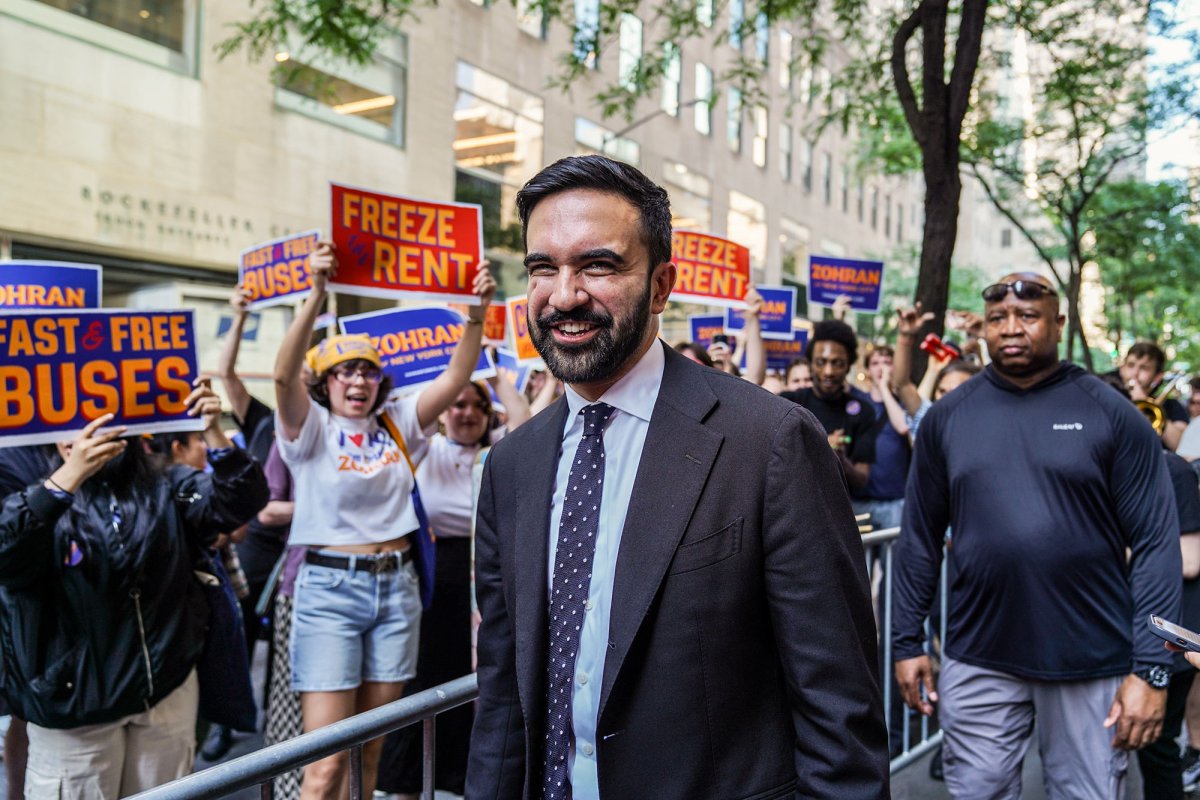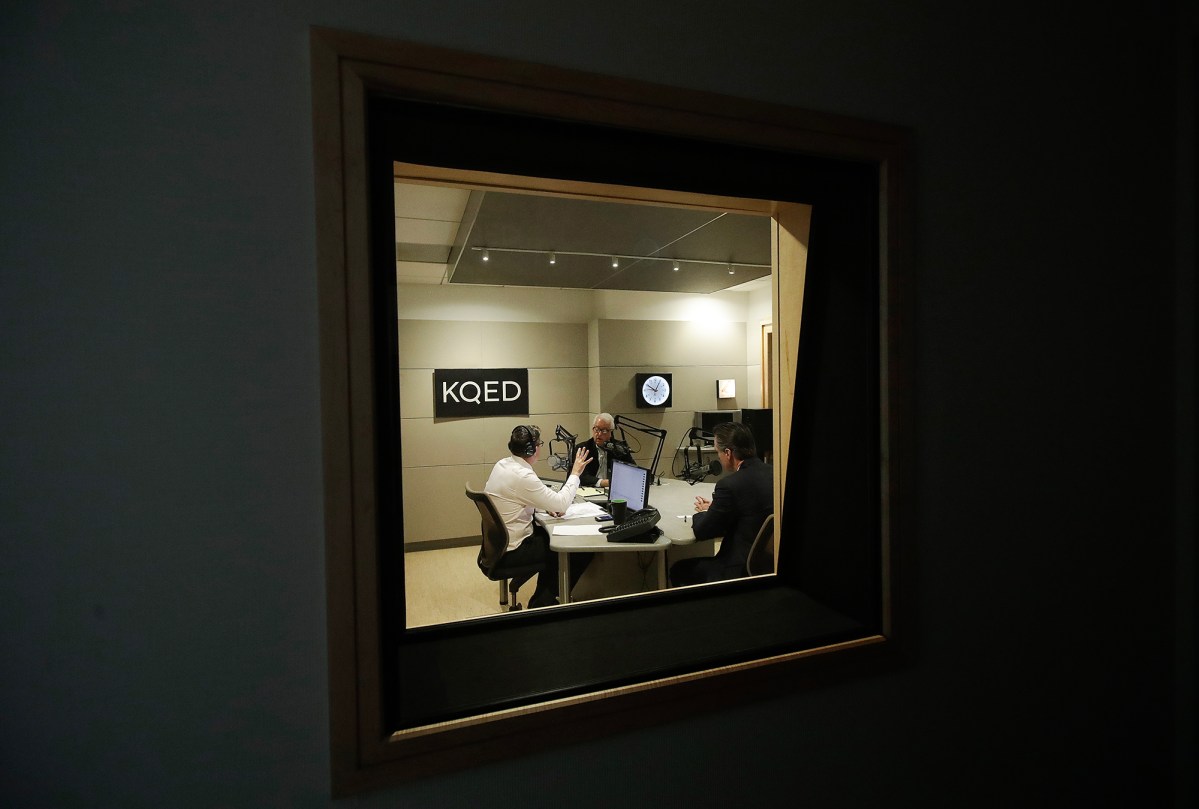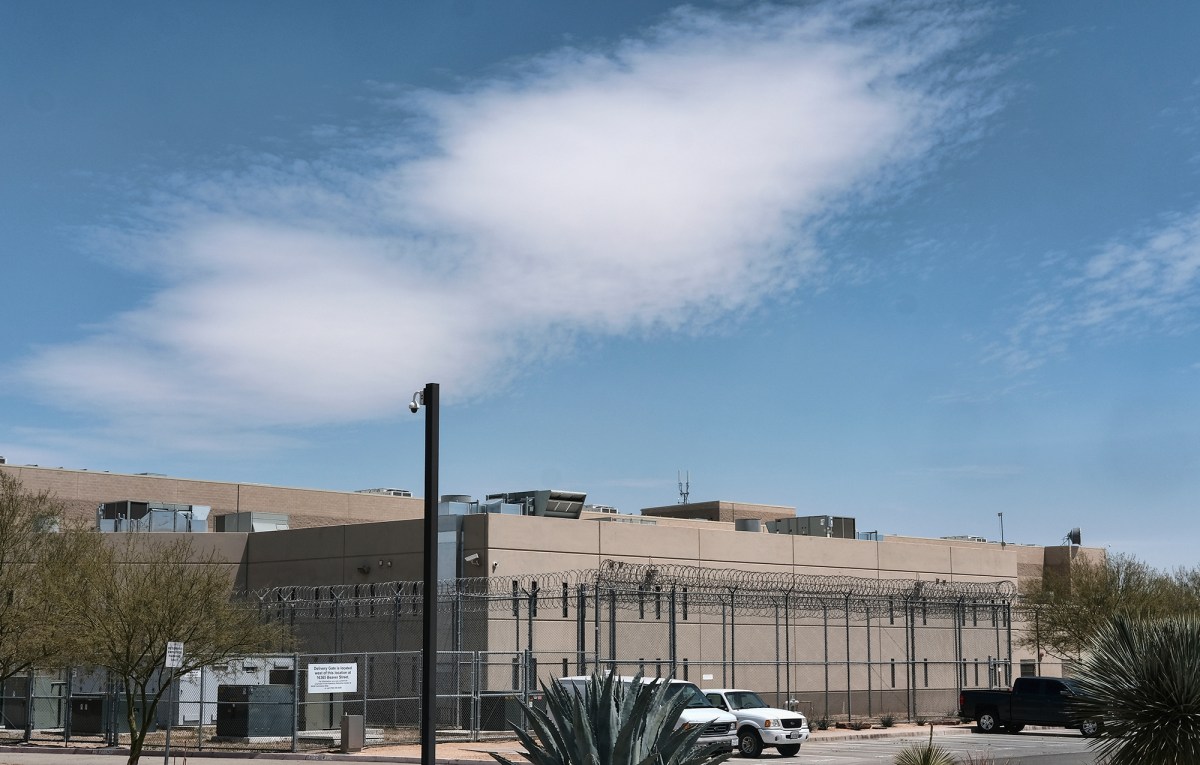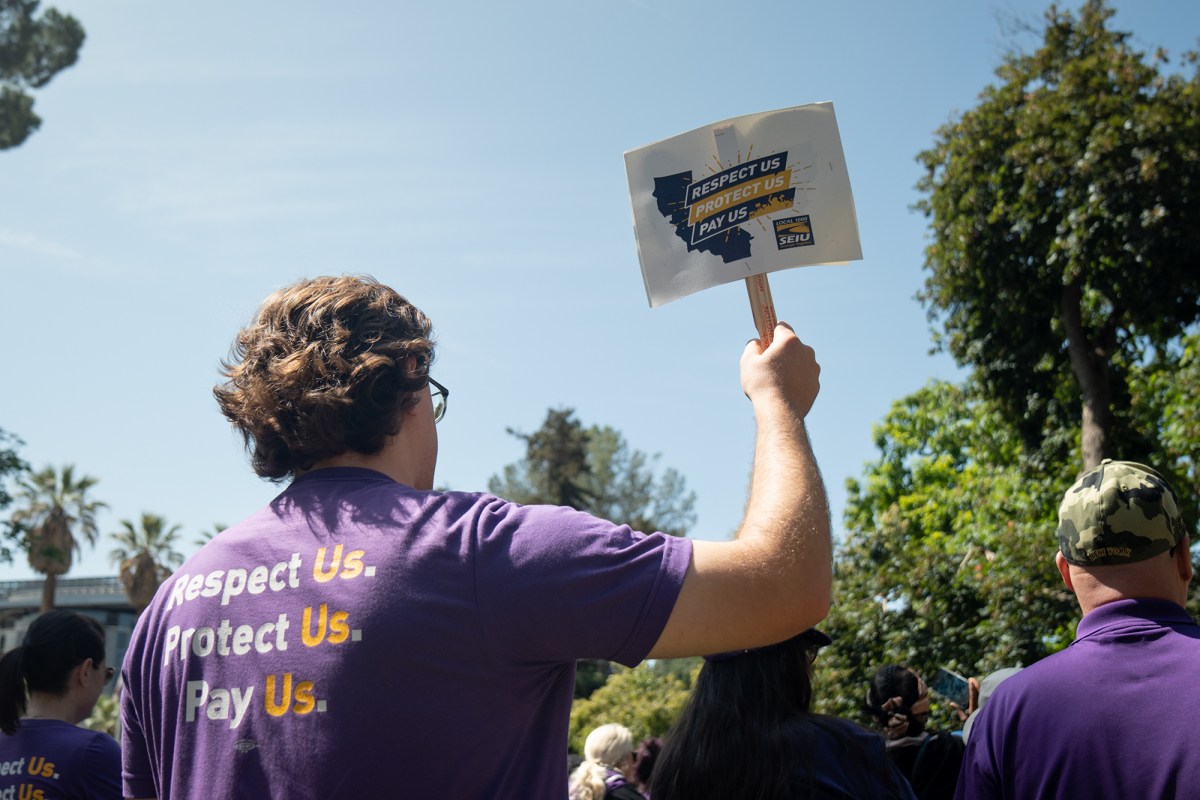In summary
California progressives, who have long struggled for influence, hope to break through to mainstream voters by challenging the establishment and rejecting corporate spending.
Welcome to CalMatters, the only nonprofit newsroom devoted solely to covering issues that affect all Californians. Sign up for
WhatMatters
to receive the latest news and commentary on the most important issues in the Golden State.
For California progressives, Zohran Mamdani’s New York City mayoral bid offers something of a formula to follow.
When the 33-year-old democratic socialist pulled off a historic upset in the primary last month,
Golden State progressives rejoiced
. Some deemed his victory a sign that they do not need to pivot to the center to resonate with voters as
many California leaders have in recent years
.
“It gets people to say … ‘Maybe I can actually be myself and do this,’” said Neel Sannappa, chair of the California Democratic Party’s progressive caucus and an organizer with the Working Families Party, which supports universal health care, the Green New Deal and taxing the rich.
Mamdani is young and charismatic. He
chatted people up in the streets
with an
army of volunteers,
drew a cult following with young voters and built a solid base among middle- and upper-class progressives. It helped that his main opponent, former New York Gov. Andrew Cuomo, was embroiled in sexual harassment allegations.
But Mamdani’s victory may be much harder to replicate in California, where progressives
have had some success
— like when
U.S. Sen. Bernie Sanders of Vermont
won California handily in the 2020 Democratic presidential primary — but have struggled to fully break through.
“Do I see a Mamdani-like election somewhere in 2026 here in California? Potentially,” said Michael Trujillo, a Democratic strategist who worked on former Los Angeles mayor Antonio Villaraigosa’s campaigns and Hillary Clinton’s presidential campaign.
“But if that person exists, they haven’t emerged yet.”
Over the years, California progressives have failed to
gain more influence
within the state Democratic Party. Voters have rejected
left-leaning ballot measures
and
progressive legislation
has stalled. Fueled by frustration over crime and homelessness, voters have
recalled progressive district attorneys
and elected
moderate local leaders
.
California progressives who spoke to CalMatters primarily faulted their lack of success on the political influence of corporations, arguing that special interests have spent big to elbow out left-wing Democrats. They pointed to Sacramento’s mayoral race last November, where
business-backed
Democrat Kevin McCarty defeated his left-leaning opponent Flo Cofer after
outspending her two-to-one
. Nationwide,
progressive members of Congress
such as Cori Bush of Missouri and Jamaal Bowman of New York lost to well-funded primary opponents.
The sheer vastness of California also makes it hard to mount effective door-knocking campaigns like Mamdani’s.
“There’s no doubt that Zohran is a unicorn,” said Jane Kim, head of the Working Families Party in California. “There are unicorns that break out that are able to fly at an altitude that’s very hard for us to reach.”
But progressive strategists and candidates argue that Mamdani’s victory demonstrates a desire for a departure from the establishment. They argue that there
is
a path to victory if they present themselves as agents of change and craft relatable messages that resonate with the working class, especially on affordability.
“(Mamdani) made the campaign not about progressive vs. moderate. He made it about change vs. the status quo,” said Saikat Chakrabarti, a progressive seeking to unseat Democratic U.S. Rep. Nancy Pelosi in San Francisco next year. He is the former chief of staff to progressive U.S. Rep Alexandria Ocasio-Cortez.
“People are sick of the status quo,” he said. “I’m the change candidate.”
Changing the electorate
The California electorate, though relatively liberal compared to other states, is not as liberal as portrayed nationwide and has shifted rightward in recent years, said Christian Grose, political science professor at the University of Southern California.
Just last year, Californians
embraced tougher penalties for petty crimes
, elected leaders
promising harder crackdown on homelessness
and rejected progressive policies aiming to rein in
rent increases
,
end forced prison labor
and
increase the minimum wage
.
“Progressives and Democrats and Republicans would all be very foolish not to be courting the youth vote. The problem is that they all do a generally pretty bad job.”
“Even the most progressive or socialist Democrats, if they want to win statewide, they have to reach all those coalition groups in the Democratic electorate, some of which are very progressive and some of which are not,” Grose said.
While much of California’s population is renters and aspiring homeowners, its voters are skewed heavily toward older homeowners, who could view things like rent control and social housing as threats to their quality of life, Grose noted. Homeowners account for almost 70% of likely voters, whereas renters account for only 30%,
according to a Public Policy Institute of California survey
.
“One path for progressives to win would actually be to change the electorate, to get more renters to turn out, to get more young people to turn out,” Grose said.
That’s what Mamdani sought to do in New York City, and data suggest he succeeded, beating Cuomo in neighborhoods with more young people, many of whom said they liked
his affordability policies
. As the city pondered rent increases, Mamdani ran on a platform of freezing rent and creating more affordable housing and won 46% of the vote
in renter-heavy neighborhoods
, Bloomberg reported.
“Progressives and Democrats and Republicans would all be very foolish not to be courting the youth vote. The problem is that they all do a generally pretty bad job of courting the youth vote,” said Mindy Romero, founder and director of the Center for Inclusive Democracy at the University of Southern California.
Following the November election,
California’s young Democrats
expressed frustration that their party isn’t doing enough to resonate with their peers, arguing that candidates should take progressive stances on issues such as the war in Gaza and transgender rights, focus on reaching young people on social media and campuses and simplify their affordability message.
“It can’t be an afterthought,” Romero said.
Anti-corporate messaging
Many who spoke to CalMatters hope their firm stance against accepting money from corporate donors will resonate.
More than half of California voters
“strongly agree” that special interest money has too much sway in state politics, according to a poll released Thursday by the Institute of Governmental Studies at the University of California, Berkeley.
Though affiliated with the Working Families Party, Randy Villegas, who is challenging GOP U.S. Rep. David Valadao in the swing 22nd Congressional District, hesitates to call himself a progressive. The district is one where only moderate Democrats have managed to come close to victory in the past decade.
Instead, Villegas said his path to victory lies in his “economic populist,” anti-wealthy message that focuses on making life easier for the working class. Villegas has sworn off corporate political action committee money, a gesture of authenticity that Sannappa said corporate-backed Democrats do not share.
“You are not having to curtail what you say because some donor that gave you $2,700 in Beverly Hills thinks this certain way about this certain thing,” he said.
“We cannot claim to champion the working class … if we are receiving money from the same corporate PACs that Republicans are receiving money from,” Villegas said.
But Romero said that messaging mostly works with voters who are already aligned with the candidate.
“Not everybody agrees corporate money is bad. They need to be shown exactly what that means for their pocket book, for their family’s well being, or their family’s safety,” Romero said.
And while Democrats widely use the anti-corporate PAC pledge to signal their willingness to stand up to special interests, that promise still allows them to
accept other corporate dollars
, such as contributions from executives or trade groups.
When asked whether the party would change its approach to accepting corporate donations or shift to the left to address progressives, California Democratic Party Chairperson Rusty Hicks did not address his party’s plans.
“The California Democratic Party has been and will continue to be home to the diverse voices that best represent the Golden State,” he wrote in an emailed statement. “California Democrats are squarely focused on delivering for all Californians – in the halls of government, in places of work and in every community. That’s what voters are expecting of us. And we aim to deliver.”
Will Trump provide the momentum?
Progressives in California are hoping that President Donald Trump, who has executed much more sweeping immigration and economic policies than in his first term, drives voters toward “bold,” left-wing candidates.
“It becomes this populist opportunity to really frame the economy in a way that works for working people and not for the more moderate problem solvers … that tend to be a lot more pro-business,” said Danielle Cendejas, a progressive consultant in Los Angeles.
But it is not a given that progressives would receive a greater boost than other Democrats, Grose said.
“I think it’s more about someone who can effectively take on Trump,” he said. “The politics is secondary.”
Read More
Why one California union sided with YIMBYs and developers on housing
Why Newsom backtracked on ordering state workers back to the office
Read more from CalMatters
Text
Get breaking news on your phone.
Download
Keep up with the latest via our app.
Sign up
Receive free updates in your inbox.
Safeguard independent news for California’s future
For 10 years, CalMatters has informed millions of Californians and kept our government and special interests in check.
- We report what’s happening.
- We ask the hard questions.
- We make our government transparent to Californians.
Right now, every donation is matched dollar-for-dollar. Please make today the day you support CalMatters.
Without independent, relentless reporting, accountability slips:
- People lose visibility into decisions that shape their future.
- Misinformation and special interests gain more ground.
- Public trust erodes.
Don’t let that happen. Give today to safeguard independent and fearless CalMatters journalism.
Give today, because the news can’t wait.










